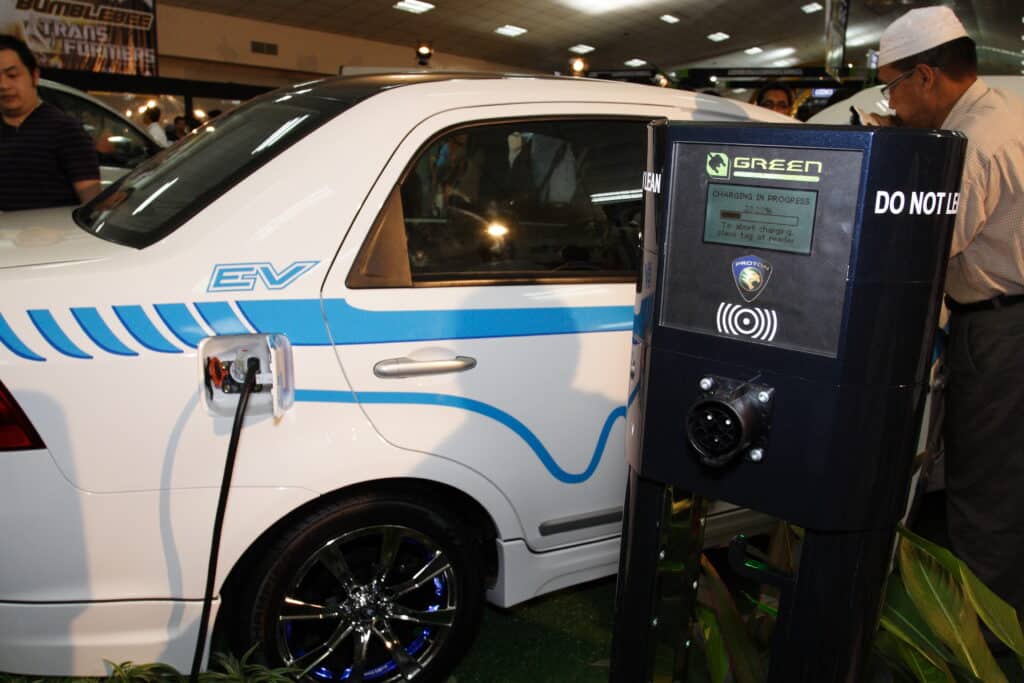
Automakers hitting brakes on electric vehicles for all
Over two months, automakers have hit the brakes on planned electric vehicle production by 2030.
Ford Motor Co. paused its $3.5B EV plant in Marshall, Michigan, while General Motors and Honda have canceled a program to sell EVs for around $30,000, and Ford has postponed $12 billion in EV investment, citing market conditions.
Despite $1.7 billion of promised taxpayer incentives for the plant and site readiness, Ford says it’s not confident it can run the Michigan plant competitively. A final decision hasn’t been made about the plant that officials said would create 2,500 jobs with an average wage of $45,136.
The factory planned to improve affordability and pump out 2 million electric vehicles globally by 2026 to reach President Joe Biden’s target of 50% electric vehicle sales by 2030.
Rising interest rates, inflation and higher labor costs forced automakers to cut programs and analyze future plans.
Kelley Blue Book says the average EV price in July 2023 was $53,469 compared to gas-powered vehicles at $48,334.
GM and Honda still advertise EVs.
“Imagine a world where EVs soar and algae is used as an alternative fuel,” a Honda ad says. “We’re innovating toward these electric dreams and working to make them a reality.”
In a job posting, GM says it is “committed to leading the industry transformation toward a future with Zero Accidents, Zero Emissions and Zero Congestion.”
John Mozena, who has decades of experience in the automotive and battery industries and is the president of the Center for Economic Accountability, said this is a “great example” of central planning.
“This is a great example of what happens when government central economic planning runs face-first into the real world of consumers having inconvenient opinions and making actual decisions,” Mozena wrote in an email to The Center Square. “At the end of the day, it doesn’t matter how many EVs automakers build. Rather, it matters how many EVs consumers want to buy and drive.”
Sparse charging stations, range anxiety and a higher up-front cost compared to an internal combustion engine are reasons why consumers have chosen gas and diesel-powered vehicles over EVs since 1980.
In the upper Midwest race to register electric vehicles, Illinois leads with nearly 80,000, while Minnesota has 41,417 and Michigan has 34,380. Michigan targets 2 million EVs by 2030, while Minnesota and Illinois each target 1 million by the same year.
Mozena said that automakers regularly get consumer preference wrong.
“Automakers have entire departments of highly paid experts whose job it is to try to predict what vehicles and features will be in demand with consumers, and they still get it wrong on a regular basis,” Mozena wrote. “That’s one thing if a particular automaker screws up and we get, like, a Pontiac Aztek. It’s another if it’s the entire industry misaligning with consumer preferences thanks to mandates from federal bureaucrats in D.C.”



